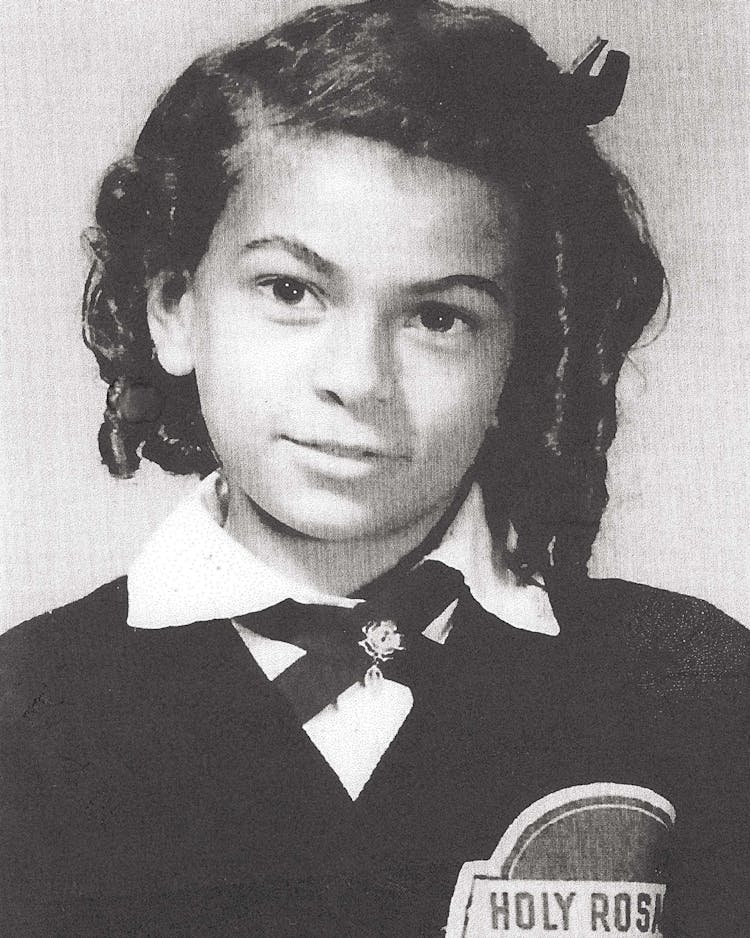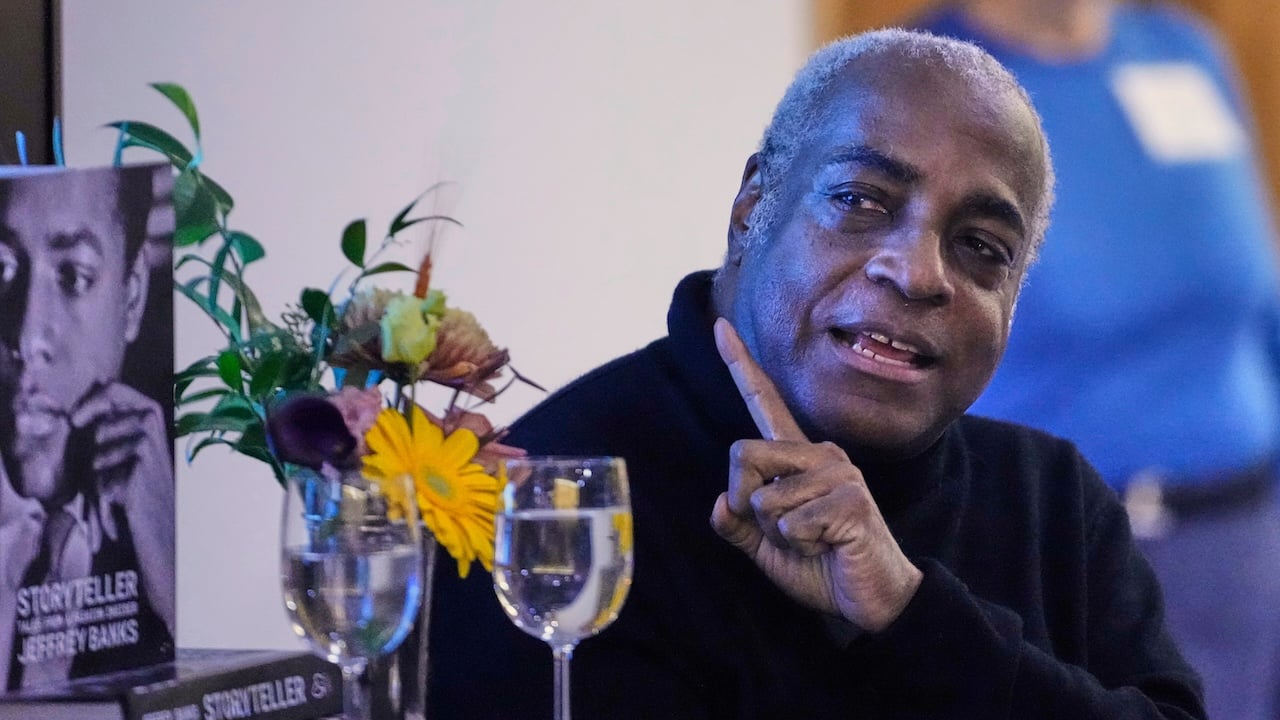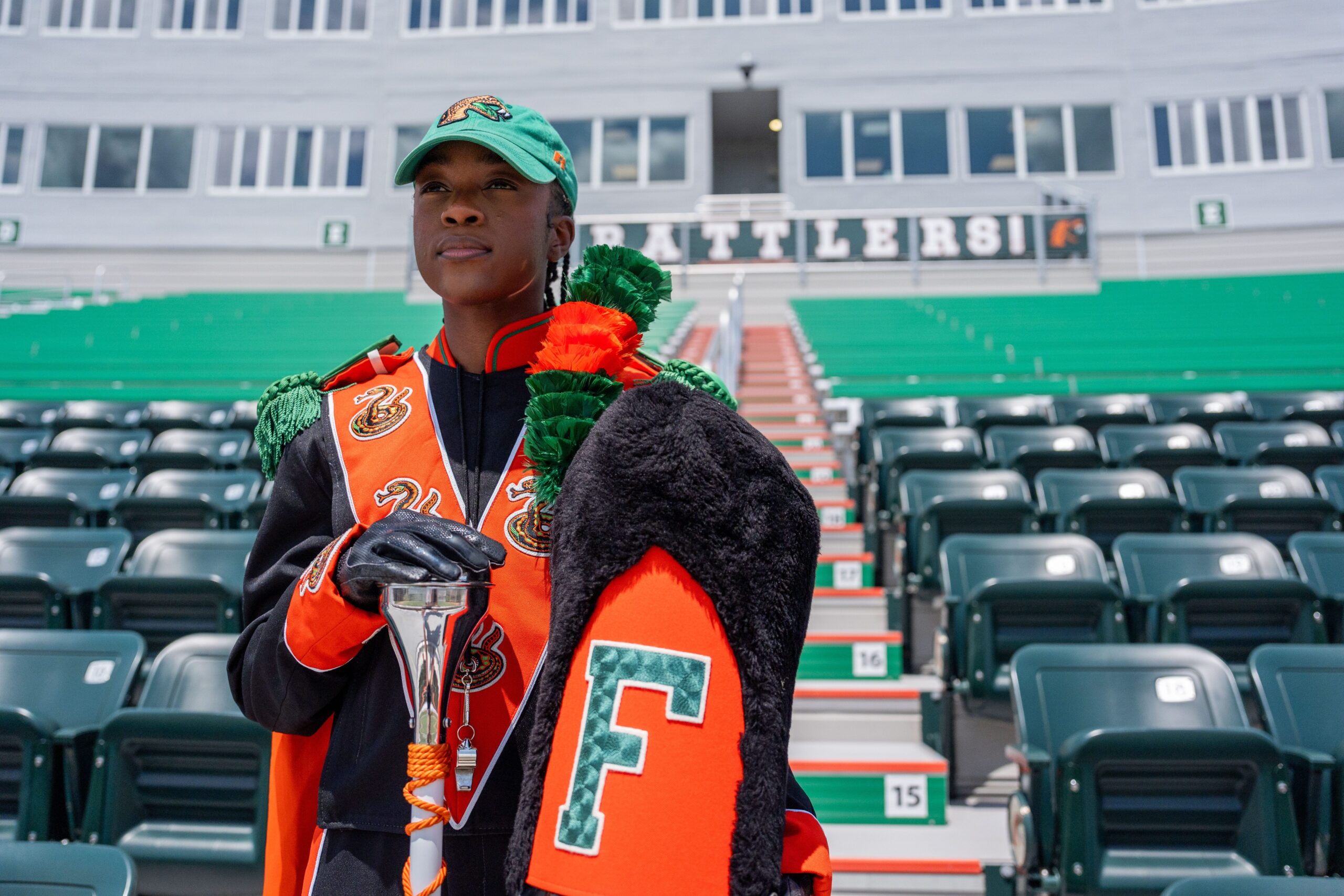Before Tina Knowles was Ms. Tina or Mama Tina to the world, she was Celestine Anne Beyoncé.
The journey of transforming from that little girl with a beautifully complicated name, growing up in the segregated South of Galveston, Texas, to becoming a globally recognized entrepreneur, philanthropist, and mother of music legends Beyoncé and Solange, is what’s documented in her New York Times bestselling book, Matriarch.
The inspirational memoir has been flying off shelves and earning praise for being more than “another celebrity memoir” because of how grounded it is in Ms. Tina’s fascinating family history– a history that reflects the complexity and resilience of Black American families throughout time.
Ms. Tina’s original last name — Beyoncé — which would eventually become synonymous with a music icon, was actually spelled many different ways on various family records, including Buyince, Beyince, and Boyancé, due to racist nurses and officials who refused to document it correctly. Those differences only made Ms. Tina more curious as life went on.
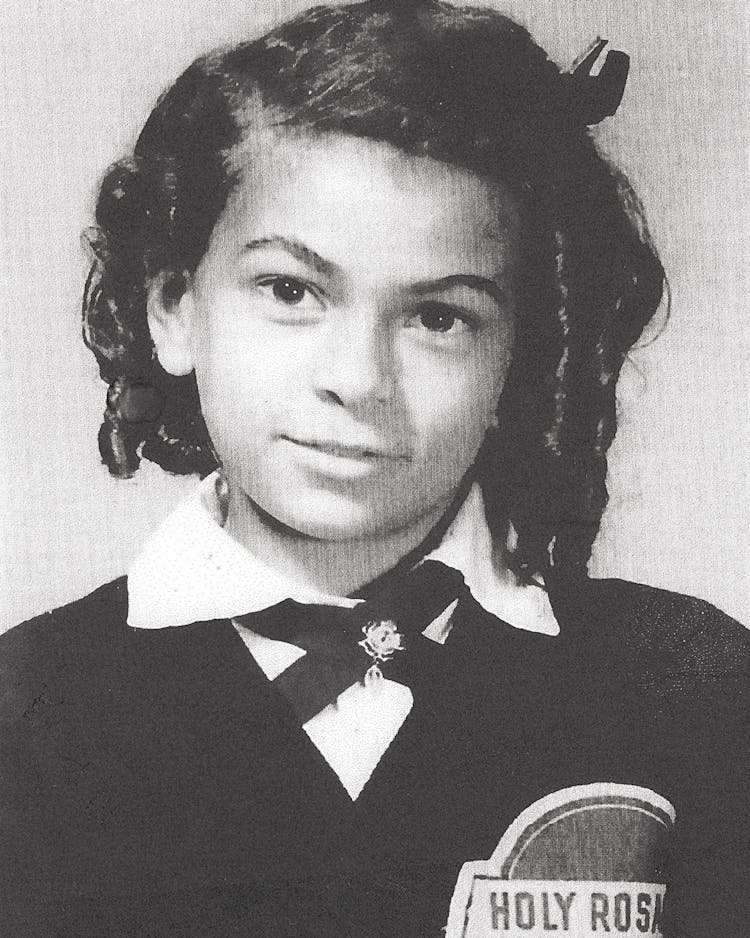
“The first time I went on Ancestry[.com], which was many, many years ago, I saw my great grandfather’s name on there, and I became emotional about it,” Ms. Tina tells theGrio during an exclusive interview on her Matriarch book tour in Brooklyn, NY. Dressed in a sleek black suit with feathered sleeves, donning her signature golden blonde waves, she recalls learning about her ancestors.
“I knew his first name was John, and I knew what year he was born, and that’s all the information that I had, and to see it actually on a manifest [document], come over on that boat, it just made me feel connected, and it sent me down this journey of just trying to find out all the information I could find.”
That journey of filling in the blanks on her family history would lead her to discover shocking stories — including how her great-great-grandmother, Celestine, had been resold on an auction block in the 1850s with her children after being at one estate, only to be purchased by the white father of her children, who was the nephew of the original estate owner.
“The reason why I got started writing is for me not to publish it, but just to leave it for my great-grandchildren, because I never met my grandparents and my kids never met my mom,” she tells theGrio.
Ms. Tina’s mother Agnes, was a seamstress like many women in her family before her– a gift that Ms. Tina would use as she handmade the costumes and outfits for Destiny’s Child for years.
While she inherited Agnes’ talent for clothing creation, Ms. Tina often rebelled against her mother, who tried to keep her and her six siblings compliant and safe in segregated Galveston, Texas — going into white-only areas and giving her caregivers a headache.
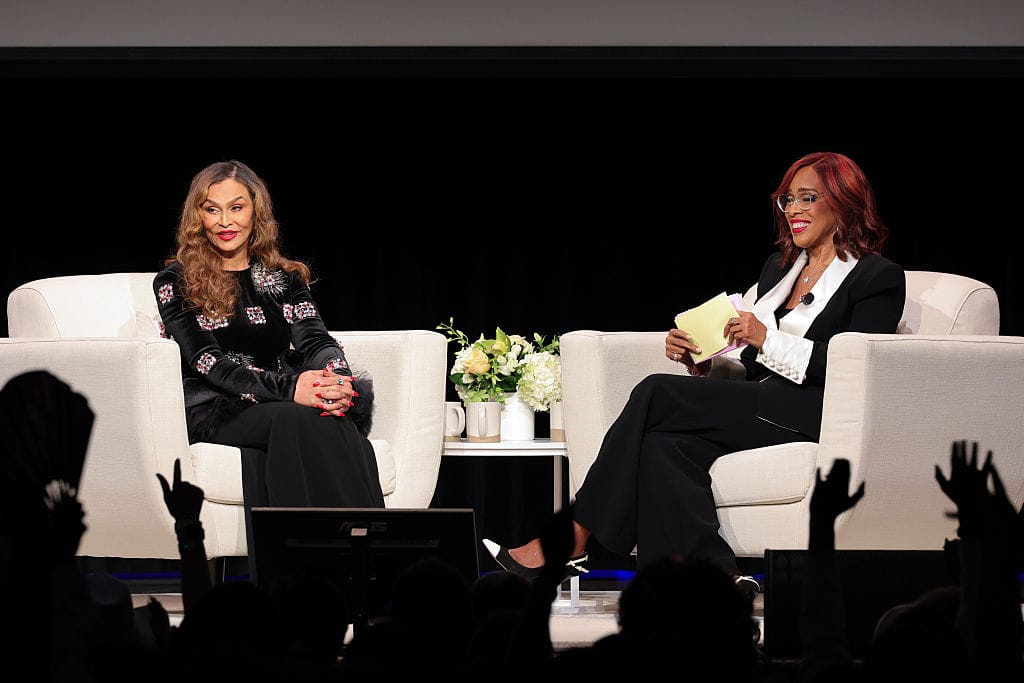
Based on Ms. Tina’s own childhood experience, raising Black children to be brave may require some mental reprogramming.
“I think that it’s really important that you teach your kids,” Ms. Tina tells theGrio. “It has to be a deliberate thing. For some reason, you know, when we’re parents, we just kind of think some things are gonna take care of themselves, and they don’t.”
“My mother was a very great mother, but she was she was a little passive,” Ms. Tina recalls. “She was always trying to protect us and warn us about everything, and it just made us want more to explore. Sometimes it has an opposite effect.”
Matriarch retells the heartbreaking story of Ms. Tina being in her 20s when her mother died in the hospital after battling illness for years. Immediately afterward, Ms. Tina learned she was pregnant with her first child — Beyoncé — who would bear an uncanny resemblance to her mother.
In light of recent attempts to erase Black American history, from attacks on the Blacksonian Museum in D.C. to the rewriting of school curriculum to downplay slavery’s impact, Ms. Tina says tracing Black family genealogy is a powerful tool that Black Americans should use.
“It’s absolutely important and vital,” she tells theGrio. “Now more than ever that we’re [being] erased, we have to take it upon ourselves and take the responsibility to write our history, to delve into it while we still can. Because it might be destroyed.”
In spite of the struggles of growing up in a segregated America and seeing refreshed attempts at rewriting the past, Ms. Tina’s joy in Black culture and Black womanhood is steadfast.
“I wouldn’t have it any other way. It’s just been the best experience for me. I love the way we walk, the way we talk, dress, the way we cry… I just love everything about it. I would not trade it for anything.”
That strong will and determination to preserve Black culture and history is why Knowles hopes people see themselves in Matriarch.
“It brings you back to your roots,” she tells TheGrio. “I think if you read this book, you’ll want to go and find out who your people are and just have a sense of pride.”
For more Grio Book Club content, sign up for our newsletter and visit https://thegrio.com/category/lifestyle/books/.

Natasha S. Alford is the Senior Vice President of TheGrio. A recognized journalist, filmmaker, and TV personality, Alford is also the author of the award-winning book, “American Negra.” (HarperCollins, 2024) Follow her on Twitter and Instagram at @natashasalford.


